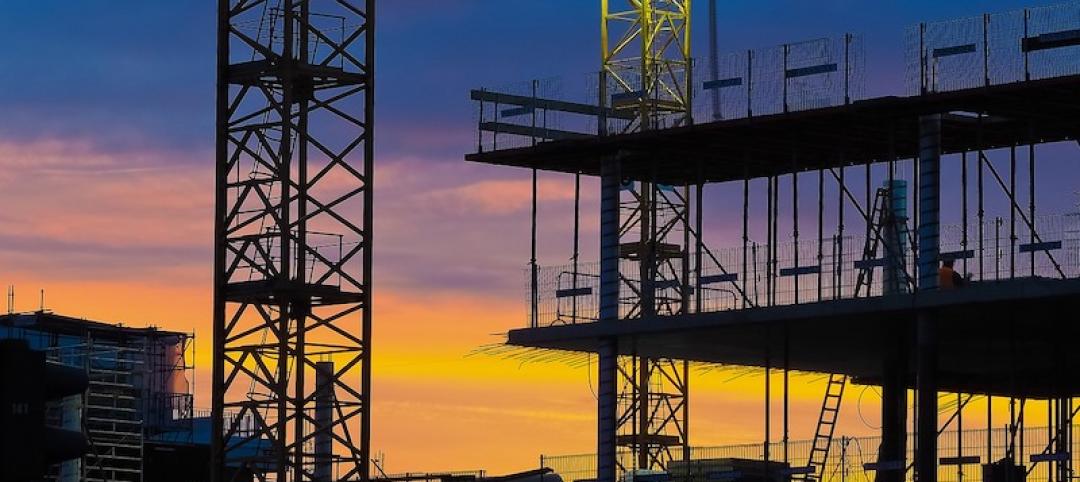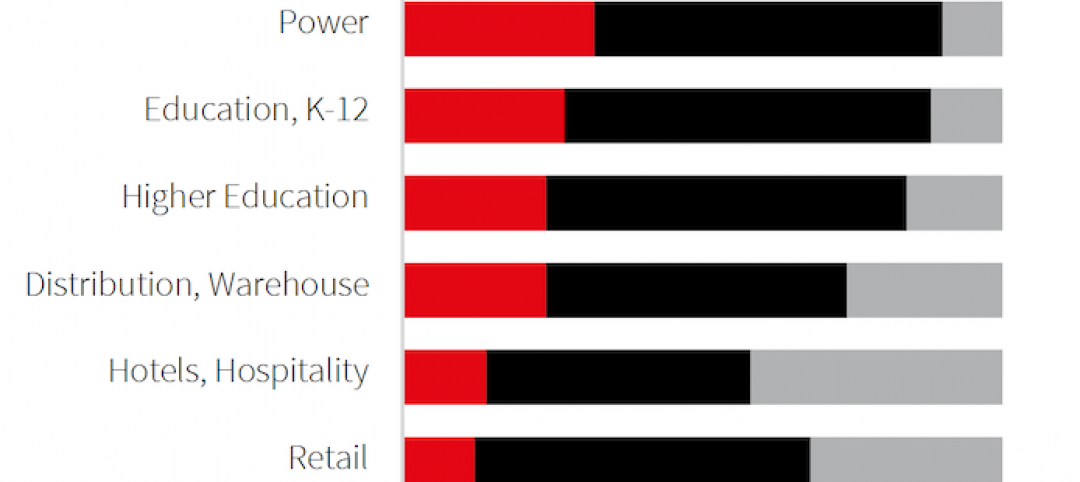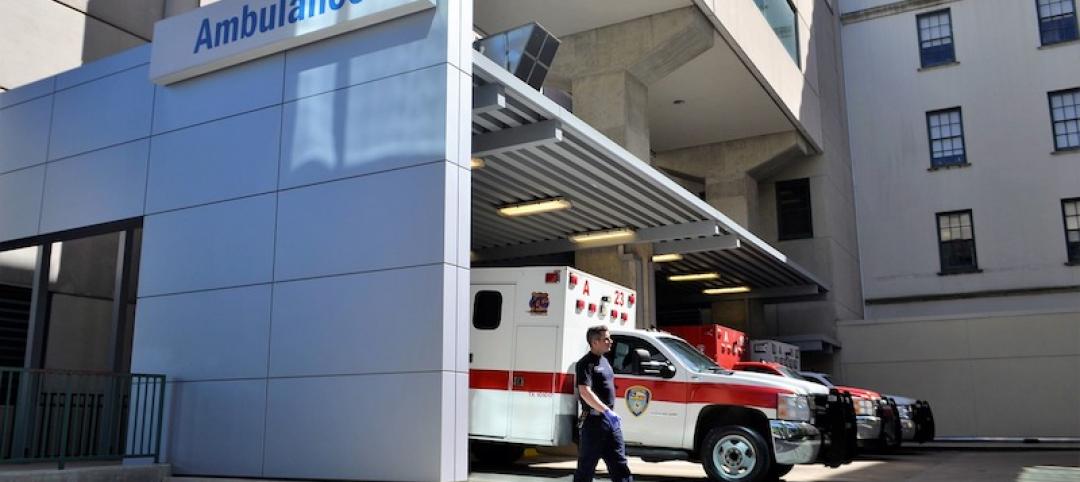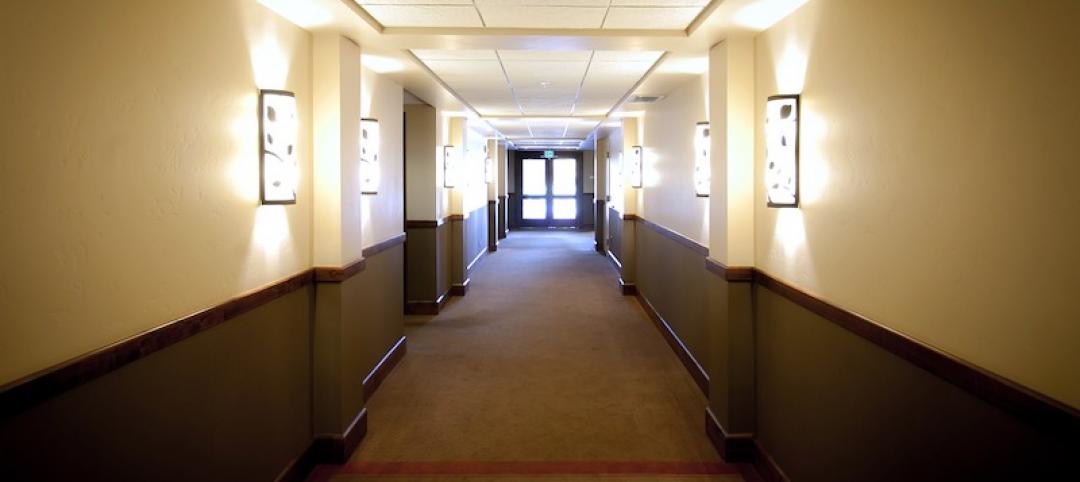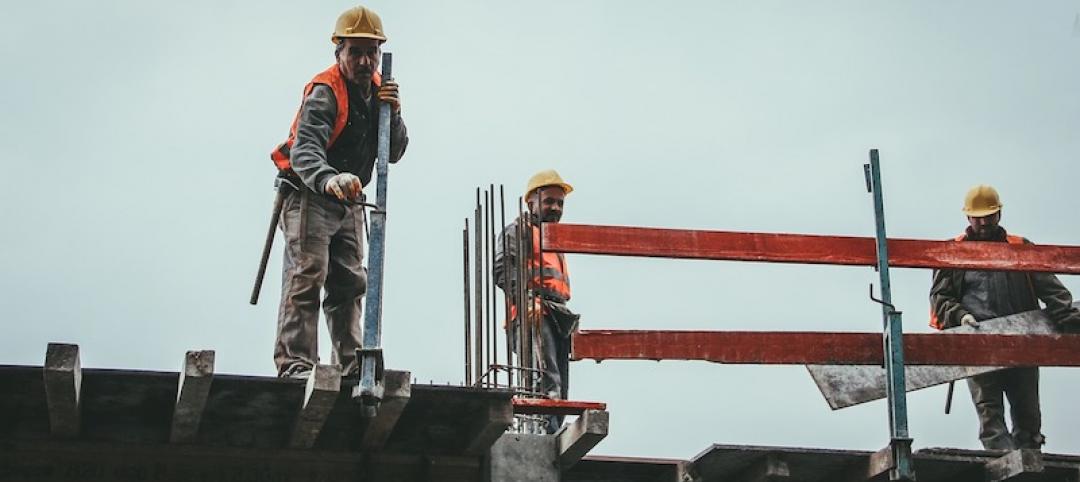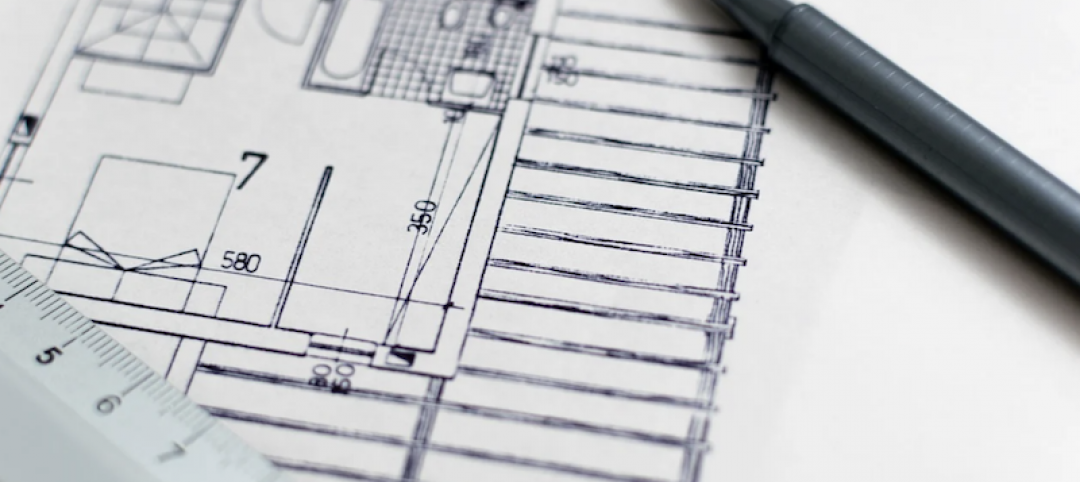In an effort to support the health, safety and wellbeing of students, the American Institute of Architects (AIA) is releasing 3D design models and strategies today that can assist education officials with reopening schools during the pandemic.
For the 2020-21 school year, districts are facing the difficult task of determining if K-12 schools will reopen this fall. As part of the AIA’s initiative, “Reopening America: Strategies for Safer Buildings,” the AIA’s team—comprised of architects, public health experts, engineers, and facility managers—assessed hazards in K-12 schools and developed strategies to mitigate risk of COVID-19 transmission.
In addition to the 3D design models—produced by VMDO Architects—detailing strategies for classrooms and corridors, the team is releasing a report that provides additional considerations for entrances, gymnasiums, assembly spaces, cafeterias and other spaces. Other strategies are also available for restrooms and staff spaces such as offices. The report also elaborates on the many factors that need to be taken into consideration when reopening schools and provides basic building blocks that can be adjusted on a case-by-case basis when working with design teams to ensure the needs of individual education facilities are met when adapting buildings for COVID-19.
Findings in the report are meant to work in tandem with tools that can assist education officials with preparing schools for reopening, including a seven-step Risk Management Plan for Buildings for assessing hazards and applying strategies that reduce risk and the AIA’s Re-occupancy Assessment Tool, which provides a framework of strategies for making buildings safer.
Resources were developed from a wide range of expertise using a virtual charrette workshop – a method used to study specific issues in a limited time frame using an intense brainstorming session.
As part of the sessions, a group of public, environmental, and occupational health experts and physicians provided an independently developed 90-minute briefing on SARS-CoV-2 infectious disease transmission, epidemiological models, and insights into the most current research of the virus as of early June. For more detailed information on public health hazards and considerations in schools, see AIA’s COVID-19 emerging research and public health data.
Tailored strategies and considerations for senior living facilities are also being developed and will be released in the near future.
Visit AIA’s website for more COVID-19 resources for architects.
Related Stories
Coronavirus | Mar 20, 2020
Pandemic has halted or delayed projects for 28% of contractors
Coronavirus-caused slowdown contrasts with January figures showing a majority of metro areas added construction jobs; Officials note New infrastructure funding and paid family leave fixes are needed.
Market Data | Mar 17, 2020
Construction spending to grow modestly in 2020, predicts JLL’s annual outlook
But the coronavirus has made economic forecasting perilous.
Market Data | Mar 16, 2020
Grumman/Butkus Associates publishes 2019 edition of Hospital Benchmarking Survey
Report examines electricity, fossil fuel, water/sewer, and carbon footprint.
Market Data | Mar 12, 2020
New study from FMI and Autodesk finds construction organizations with the highest levels of trust perform twice as well on crucial business metrics
Higher levels of trust within organizations and across project teams correlate with increased profit margins, employee retention and repeat business that can all add up to millions of dollars of profitability annually.
Market Data | Mar 11, 2020
The global hotel construction pipeline hits record high at 2019 year-end
Projects currently under construction stand at a record 991 projects with 224,354 rooms.
Market Data | Mar 6, 2020
Construction employment increases by 43,000 in February and 223,000 over 12 months
Average hourly earnings in construction top private sector average by 9.9% as construction firms continue to boost pay and benefits in effort to attract and retain qualified hourly craft workers.
Market Data | Mar 4, 2020
Nonresidential construction spending attains all-time high in January
Private nonresidential spending rose 0.8% on a monthly basis and is up 0.5% compared to the same time last year.
Market Data | Feb 21, 2020
Construction contractor confidence remains steady
70% of contractors expect their sales to increase over the first half of 2020.
Market Data | Feb 20, 2020
U.S. multifamily market gains despite seasonal lull
The economy’s steady growth buoys prospects for continued strong performance.
Market Data | Feb 19, 2020
Architecture billings continue growth into 2020
Demand for design services increases across all building sectors.



